Food & Drink
15 Things You Should Never Say to a Fast Food Worker
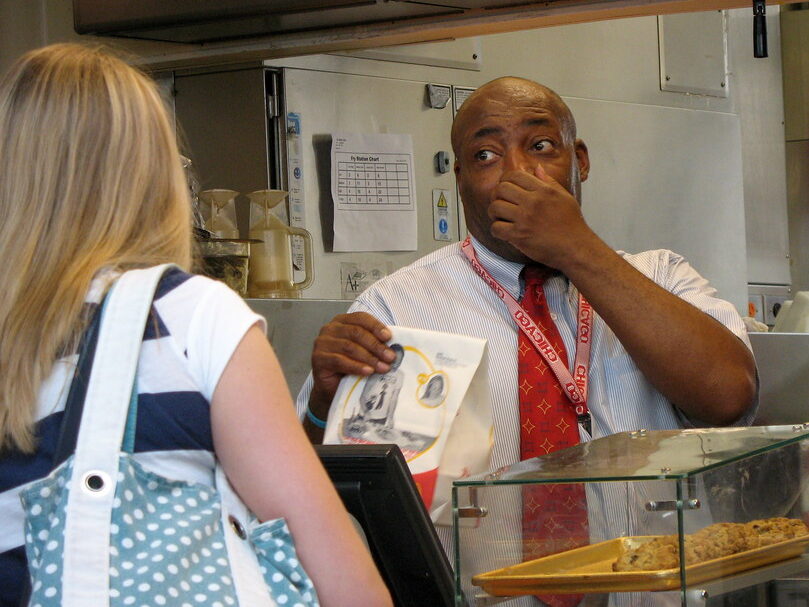
Working in fast food is tough, thankless, and often wildly underestimated. Long hours, low pay, rude customers, and unrealistic expectations are daily realities. If you’ve ever caught yourself saying any of the things below, it might be time to rethink your tone. Fast food workers are human, and they’re working harder than you think.
“Why is it taking so long?”
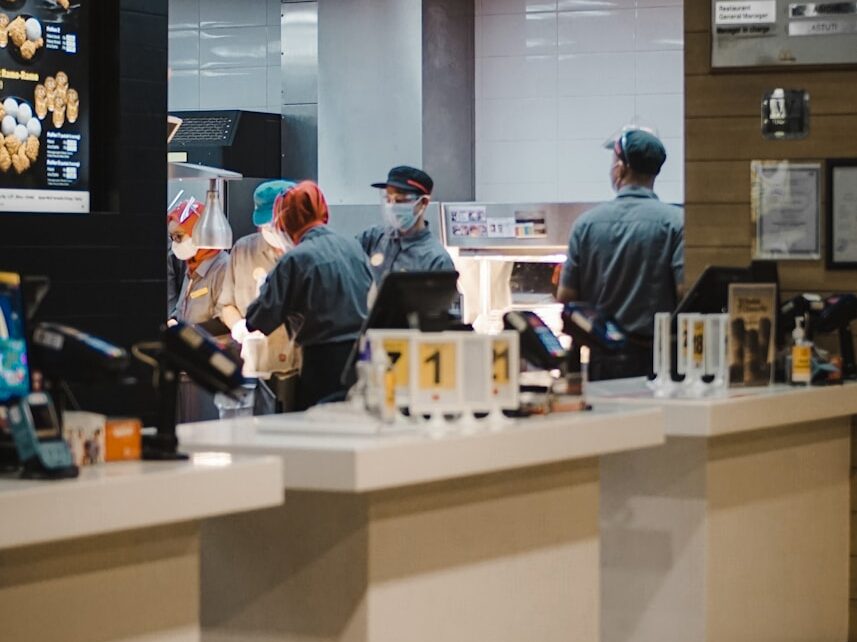
This question might seem innocent, but it often comes laced with impatience and entitlement. What you don’t see are the broken machines, missing staff, long lines, or massive online orders they’re juggling. Many fast food locations run on skeleton crews with unrealistic expectations. If you’re in a rush, that’s not their fault. A little patience goes a long way, especially with people who serve hundreds of customers a day.
“This isn’t rocket science.”
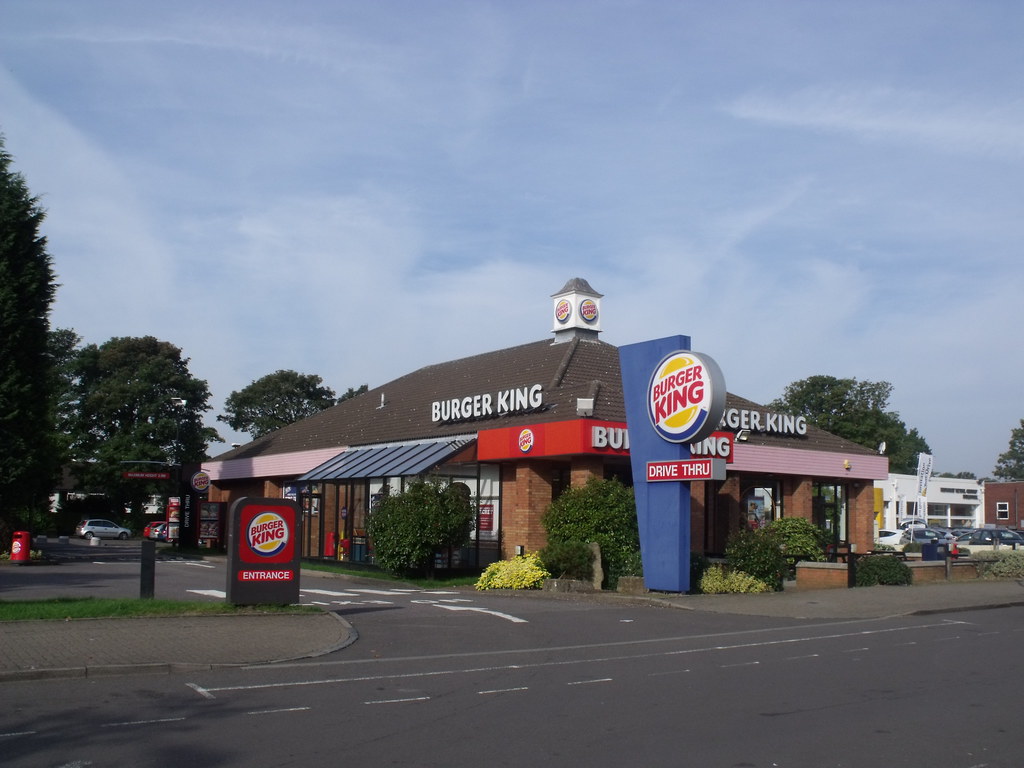
True, flipping burgers isn’t aerospace engineering, but that doesn’t mean it’s easy. Fast food workers are often expected to take orders, cook, clean, manage inventory, and handle complaints simultaneously, all while staying polite and hitting time-based performance metrics. Saying this devalues real effort. It implies that anyone could do the job perfectly under pressure, which is rarely true.
“Can’t you smile?”
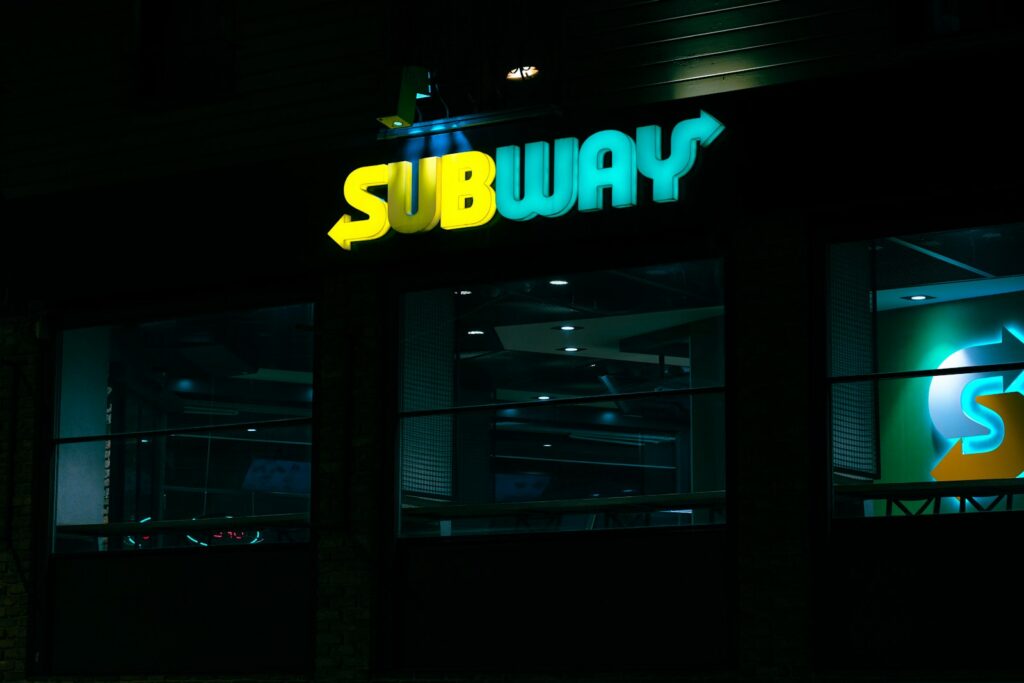
You might think you’re just being friendly, but this comment often comes across as controlling or tone-deaf. Workers are there to do a job—not to perform emotional labor for your comfort. They may be dealing with rude customers, physical exhaustion, or personal stress. Demanding a smile assumes their feelings don’t matter as long as they look cheerful for you. If they do smile, appreciate it. If they don’t, don’t take it personally.
“Isn’t this supposed to be fast?”
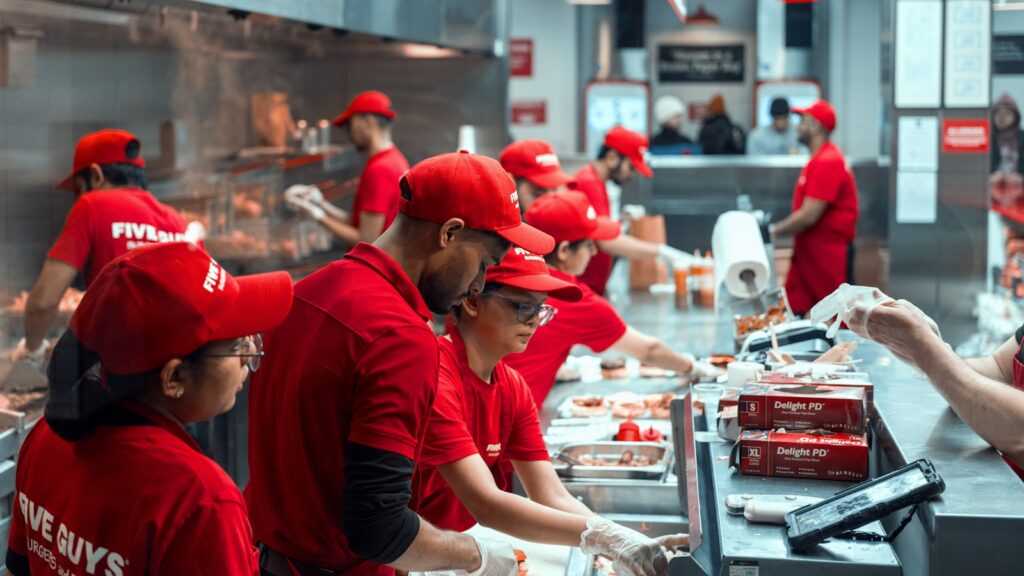
Yes, the industry is called fast food, but that doesn’t mean instant service without hiccups. High demand, broken equipment, short staffing, and special orders can all slow things down. Workers are trained to be efficient, not magical. This phrase dismisses the reality of a high-pressure job where even a 30-second delay can trigger customer frustration. It also ignores the human element behind the counter.
“You forgot my [item] AGAIN?”

Mistakes happen in every industry—but in fast food, they’re often met with outsized anger. Saying this with aggression turns a minor slip into a personal attack. Workers don’t forget things on purpose. They’re multitasking at high speed, often under intense pressure. Instead of snapping, try calmly explaining what’s missing. You’ll probably get it fixed faster, and without making someone feel like garbage.
“I could do your job in my sleep.”
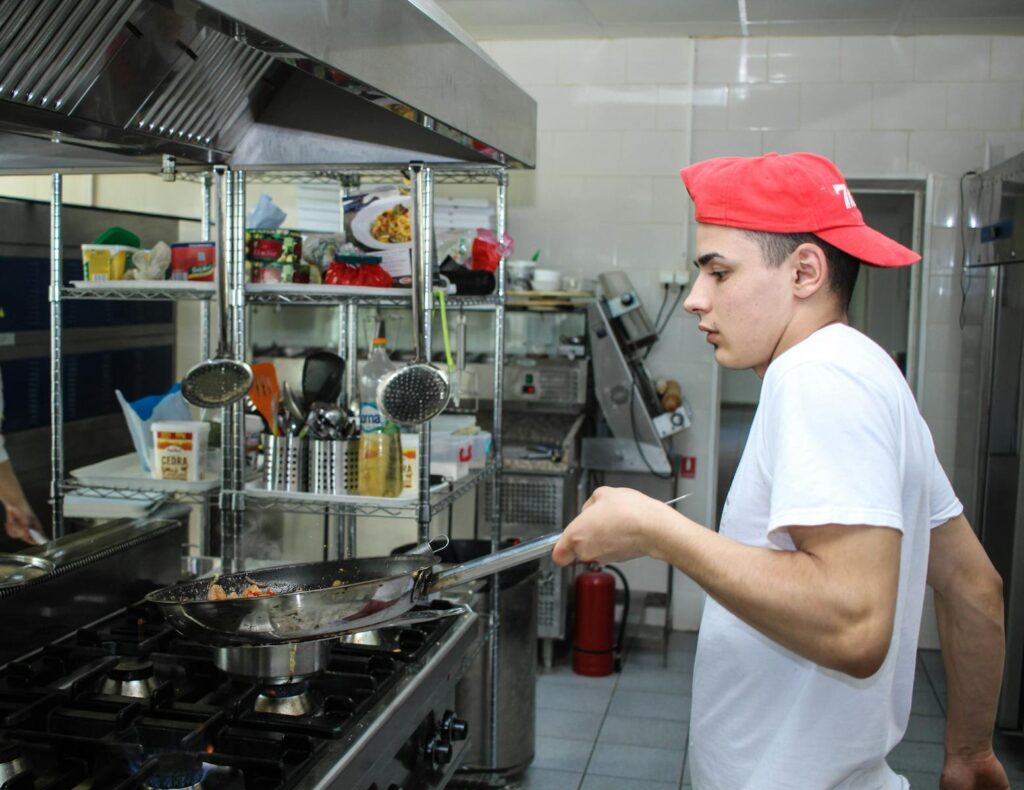
Really? Then why aren’t you doing it? This comment is pure condescension. It suggests the work is so mindless and easy that anyone could do it perfectly, which is far from true. Fast food jobs require physical stamina, multitasking, customer service, and patience—all while standing for hours and being timed on every move. Saying this disrespects people who are working hard to earn a living.
“Do you even speak English?”
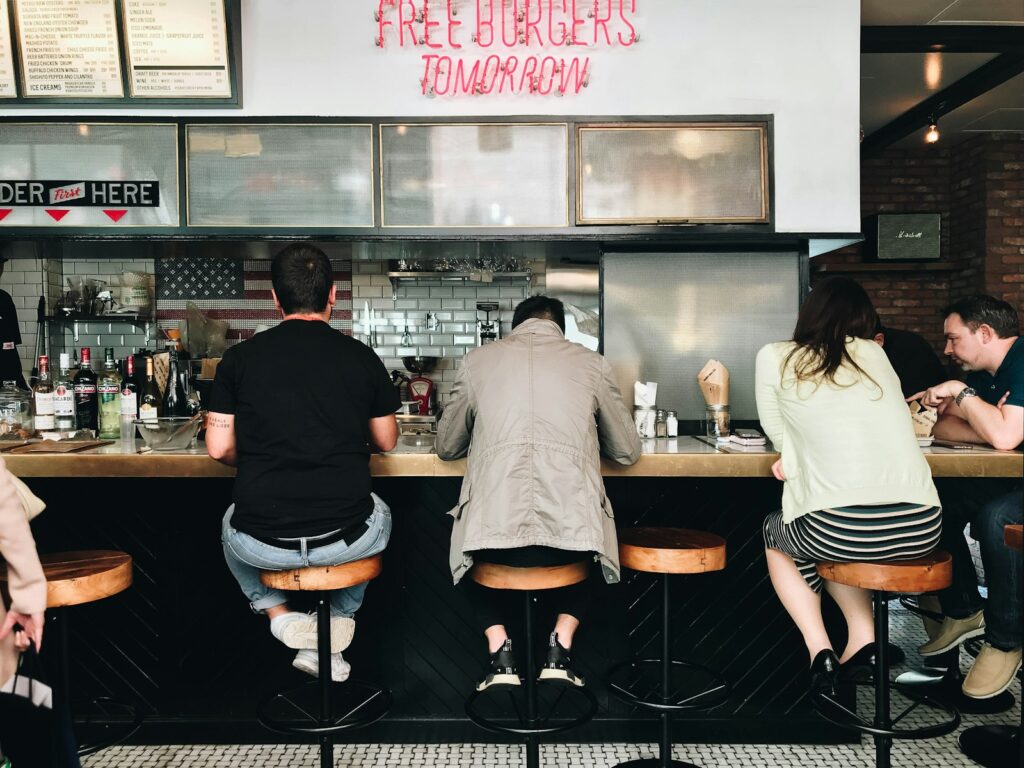
This is one of the most offensive and discriminatory things you can say. It’s often thrown at workers who have accents or speak multiple languages, and it’s rooted in ignorance and xenophobia. Many fast food workers are multilingual and communicating in their second or third language. Rather than mocking someone’s speech, try appreciating the fact that they’re working hard and bridging language gaps every day.
“You people always mess up my order.”
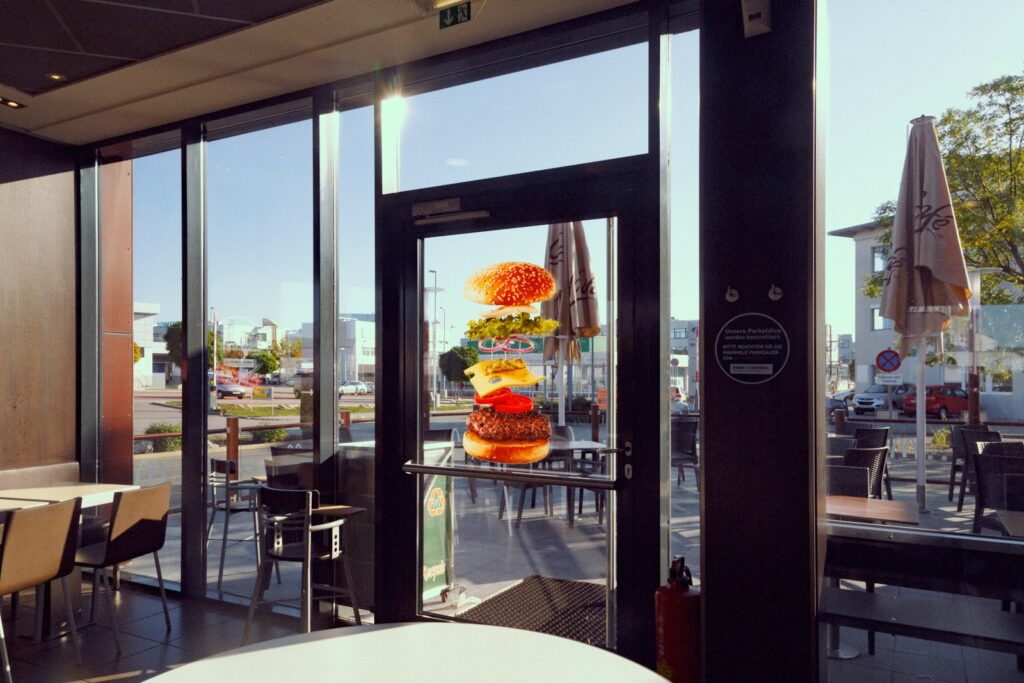
Generalizing a group of workers as “you people” is dehumanizing and rude. It places blame on an entire staff for one or two mistakes, and it turns a fixable issue into a personal insult. If you’ve had repeat errors, bring it up respectfully. Most employees want to get it right. Venting your frustration in a sweeping, accusatory way only adds negativity to a job that’s already draining. Be direct, not degrading.
“It’s just a burger. How hard can it be?”

What you see is a single sandwich. What they see is one ticket among hundreds that day, each with modifications, time limits, and customer expectations. The actual process involves coordination, equipment, timing, and cleanliness. It’s easy to underestimate the effort because it’s fast and familiar, but don’t mistake speed for simplicity. When you’re making dozens of items an hour, all it takes is one second of distraction to throw off the whole flow.
“You should get a real job.”
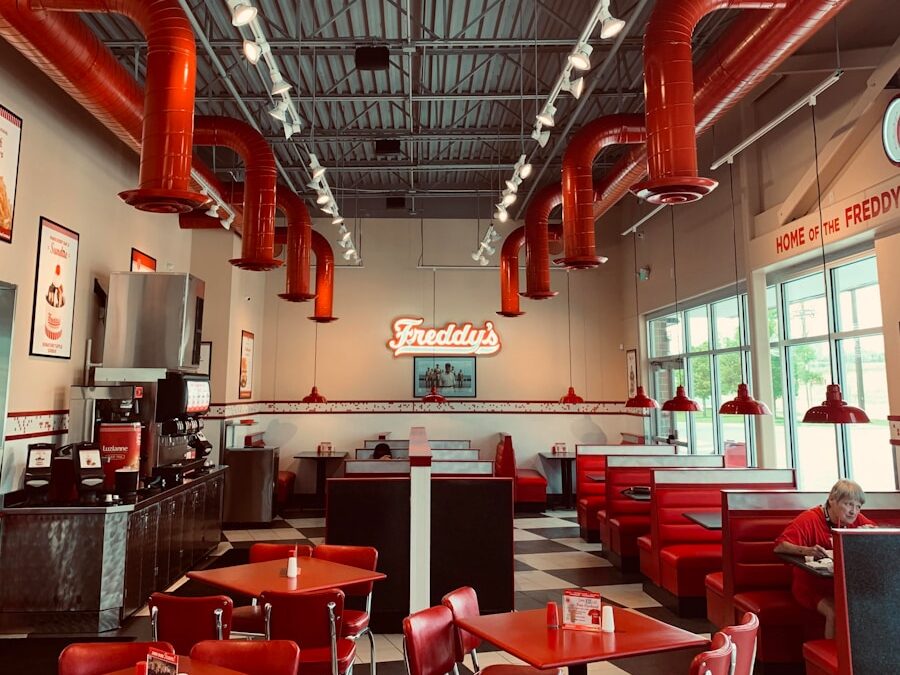
This phrase is cruel and condescending. Fast food is a real job. It pays rent, puts food on the table, supports families, and builds skills. For many people, it’s a stepping stone. For others, it’s a long-term career. Either way, they are contributing to society. Instead of criticizing someone’s livelihood, consider what it says about your character when you demean someone working to survive.
“Ugh, are you new or something?”
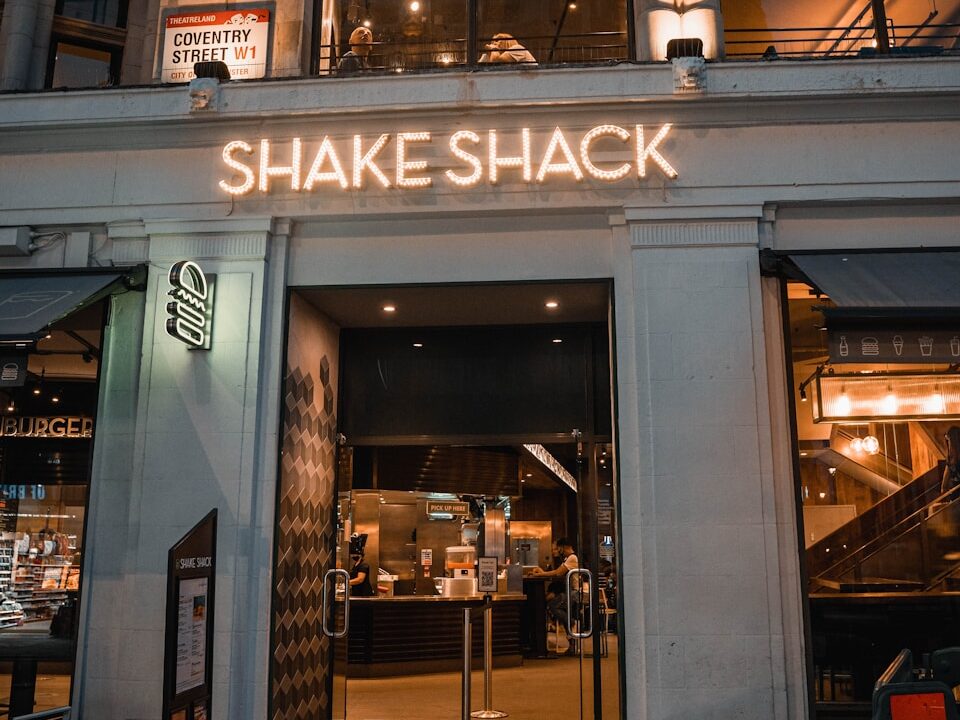
Everyone starts somewhere. Fast food jobs have high turnover and steep learning curves, and new employees are often thrown into the fire without much training. Instead of mocking someone who’s clearly learning, try being patient. A little grace goes a long way—especially when someone’s trying to stay composed under pressure. This question isn’t helpful. It’s a public jab that adds anxiety to a job that already moves at an unforgiving pace.
“You’re lucky to even have a job.”

This comment strips dignity from the person in front of you. It’s a veiled threat and a reminder that you think their position is low on the ladder. Saying this implies they should tolerate anything, from rude customers to impossible demands, just because they’re employed. Everyone deserves basic respect at work, regardless of pay. Being “lucky” to have a job doesn’t mean they’re lucky to deal with abuse.
“You messed up my order, so I want it free.”
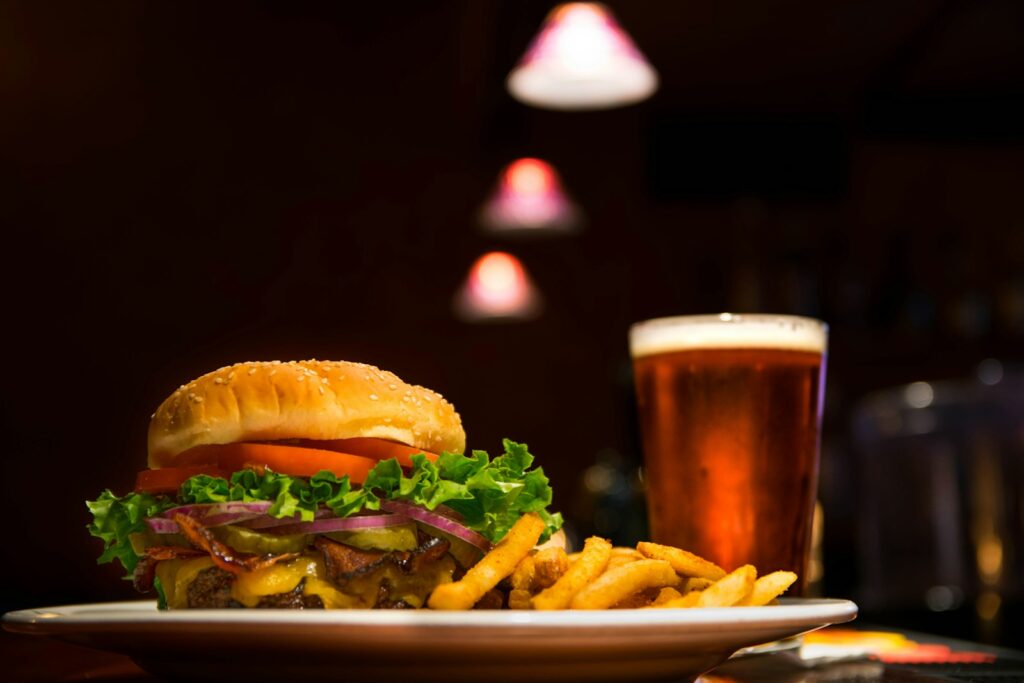
There’s a difference between calmly requesting a correction and demanding something for free as if you’re owed extra compensation. Mistakes happen in every industry. Fast food workers don’t set refund policies, and they don’t have the power to hand out free food without a manager’s approval. If something’s wrong, explain it. But don’t make it a scene over a few dollars’ worth of food.
“I’ll just talk to your manager.”

This phrase is frequently used as a weapon. Sometimes, it’s necessary, but often, it’s thrown around to intimidate someone who doesn’t deserve it. If you have a real issue, ask for help calmly. But if you’re using it to threaten or shame a worker for a small mistake, you’re not seeking resolution—you’re flexing power. People in customer service know what this line means, and it rarely helps morale or problem-solving.
“You should’ve gone to college.”
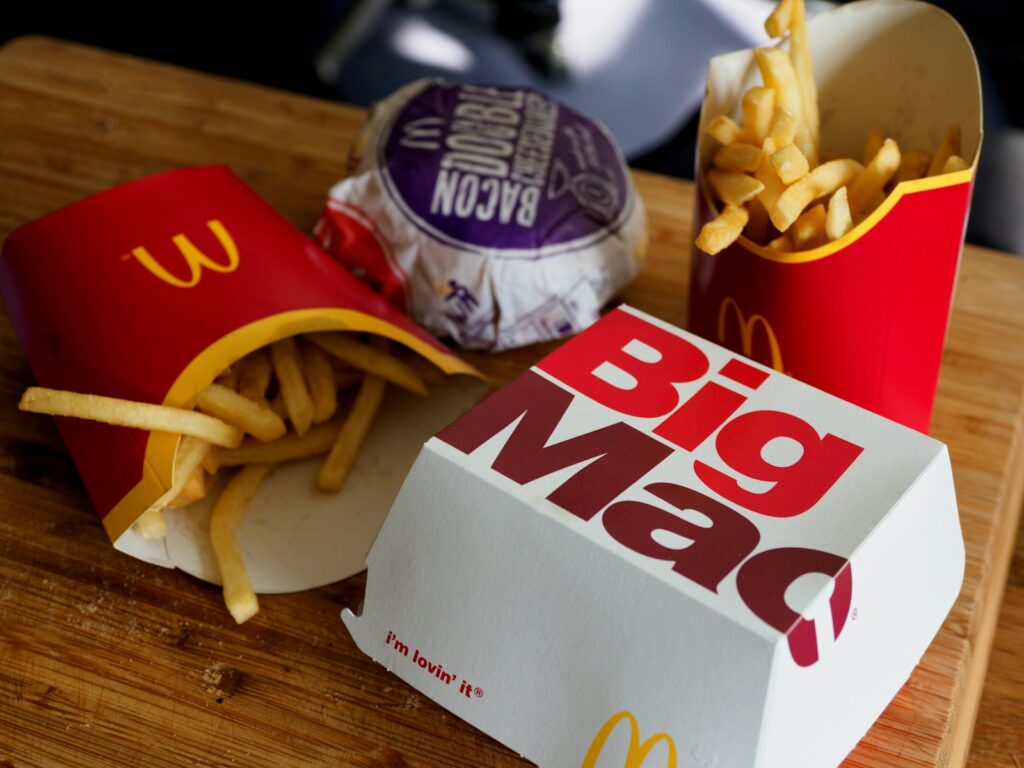
This is elitist, tone-deaf, and completely irrelevant to the moment. Many fast food workers are in college. Some are paying off degrees they can’t use. Others couldn’t afford school or chose not to go. No one owes you their résumé to justify their job. People do what they have to do to survive, and mocking their path doesn’t make you clever—it just makes you unkind. If you think education is important, start by learning empathy.

